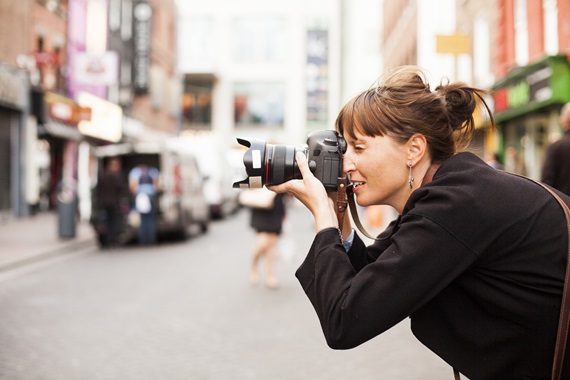Star of other people’s videos or can I film other people?
The digital era began almost overnight and today we can hardly imagine our daily functioning without smart devices in our hands.
However, with the evolution of phones has come the phenomenon of social networking sites and the popularity on them, which is mainly gained by filming and posting videos that aim to shock, amuse or cause controversy.

V sociálních experimentech, prancích či v jakýchkoli jiných videích autoři často zachycují nic netušící osoby bez jejich svolení. Jak se na celou situaci dívám z právního hlediska?
What does the Civil Code say?
The law is clear and explicit on this phenomenon of filming people in the provisions of Article 84 of the Civil Code: “It is only possible to capture a person’s likeness in any way so that his or her identity can be determined from the depiction with his or her consent.”
At the same time, the following provision tells us that “It is only possible to disseminate a person’s likeness with his consent.” It follows that it is a person’s absolute right to decide whether or not he wants to appear in a video.
However, it would not be law if it were that simple. The law allows for the recording of a person without their consent if it is for the exercise or protection of other rights or protected interests. It also allows the making of a recording in a reasonable manner for scientific or artistic purposes and for press, radio, television or similar reporting (Sections 88, 89 of the Civil Code).
For scientific, artistic and news recordings, the Civil Code works with royalty-free statutory licences. Here the law simply gives a kind of priority over the aforementioned inviolability of personality, and thus allows the making and use of a person’s record. However, even these exceptions have a limit and that is reasonableness. Reasonableness is a very vague concept, but it must always be assessed in the light of the circumstances, be it the place, time, extent, form or other decisive circumstance of the immortalisation (Article 90 of the Civil Code).
Litigation
In the case of litigation, it is very difficult to determine in advance whether the person who was filmed or the person who was filmed would succeed. The outcome would depend on the particular circumstances of the case and the court would probably have to apply the so-called proportionality principle.
Not only the content of the video itself and the circumstances of the filming, but also the popularity of the person who filmed and published the footage may play a role in the litigation. If that person is publicly known, for example as an influencer or public figure, their actions or the publication of the footage may have a much wider impact and potentially a greater invasion of the privacy of the person filmed.
So if you, as a public figure, want to post a video starring strangers, ask for their consent. As the law does not specify how consent to make and publish the footage is to be given, the person filmed may give it verbally or by implication. If the person filmed has not given consent, it must be assumed that they do not consent to the filming. However, it also plays a role whether the filming takes place, for example, on the street or at a social event where photographing and filming normally takes place.
So is it okay if someone films us and then publishes the footage? It may be okay in certain situations, but it is always important that respect for the rights and privacy of others prevails.

